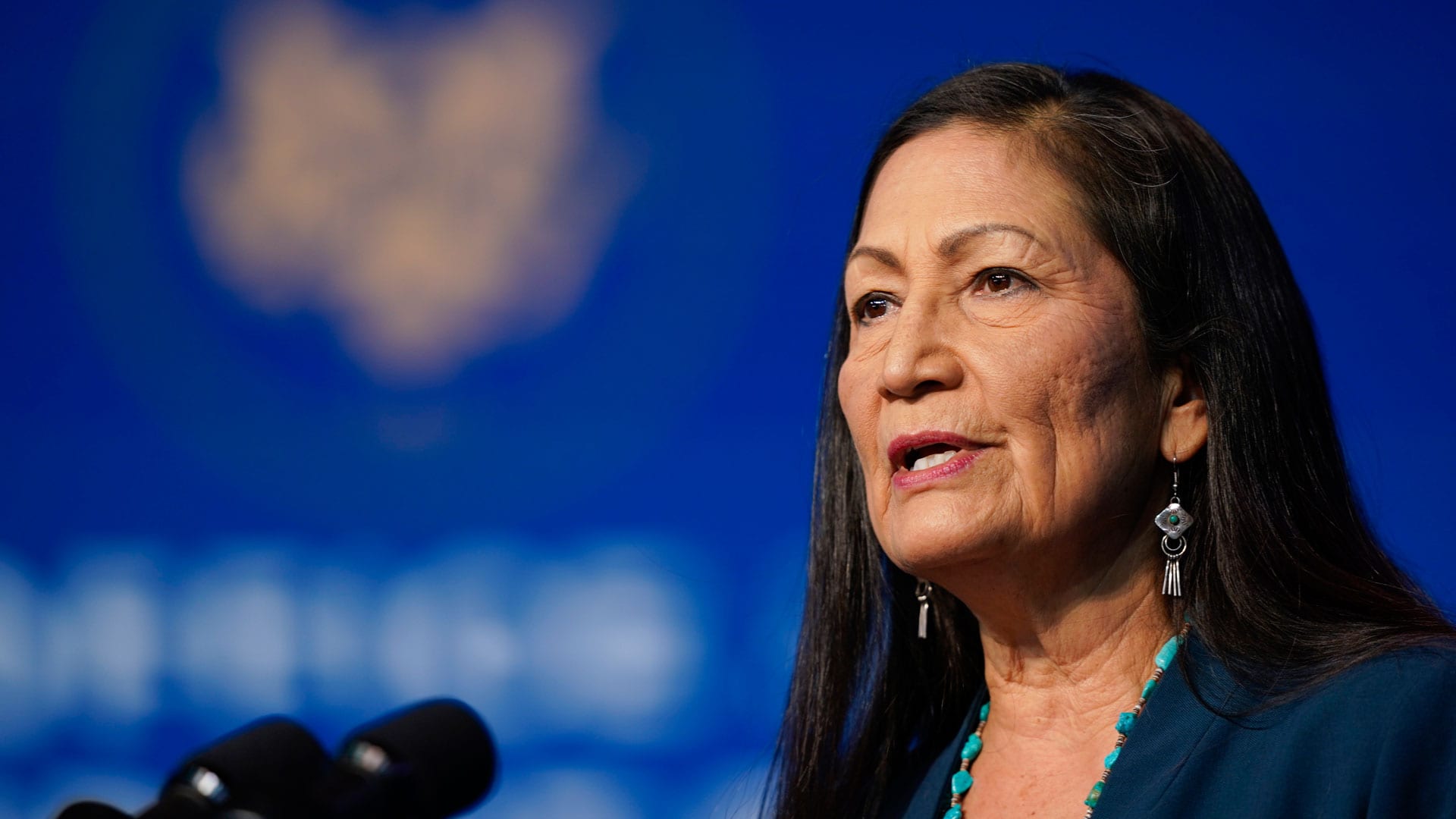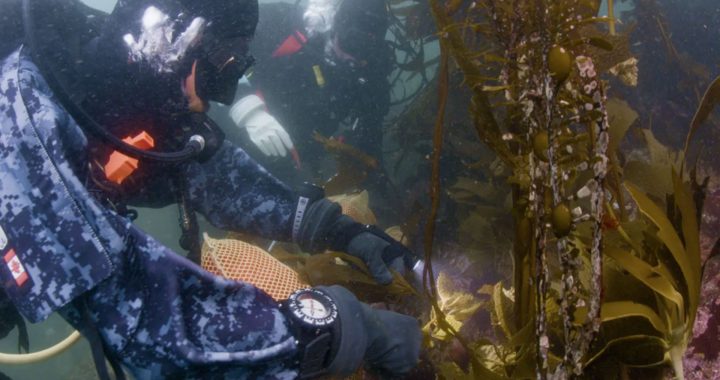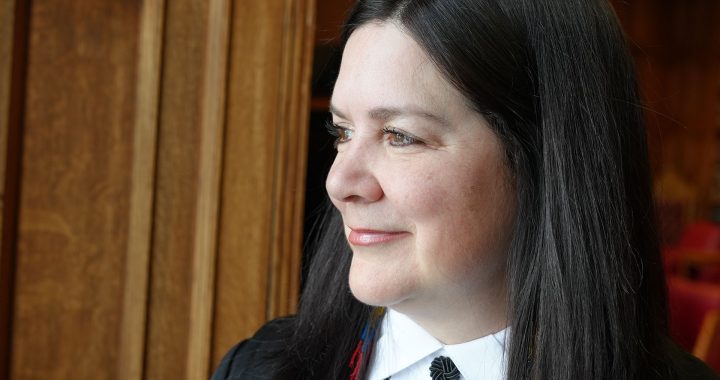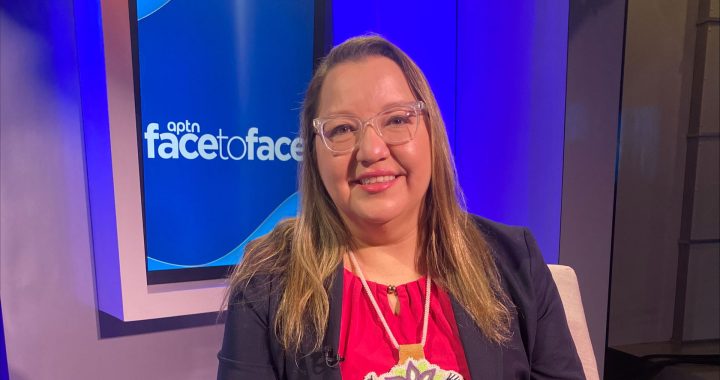A significant nomination hearing could be just around the corner for U.S. Representative Deb Haaland.
The Democrat from New Mexico has been nominated by President Joe Biden to head up the Department of the Interior.
If confirmed, Haaland would be the first- ever Native American to lead a federal agency and one with direct oversight of tribal interests.
“It’s a huge deal,” says Indian Country Today (ICT) reporter and producer Aliyah Chavez.
“I’ve been doing more research about this and on the White House’s website and if confirmed by the Senate, she would be sixth in line in succession of the presidency,” explains Chavez on the latest episode of Face to Face.
The Interior Secretary is high up in the order of the president’s cabinet, and many of the moves Biden has made already are connected to that department.
“A lot of the executive actions that President Biden has signed already have to do with federal lands and waters and that falls directly in line with the Interior Department,” says Chavez, who will be covering the upcoming nomination hearings for ICT.
If Haaland is confirmed, it’s going to be a balancing act for her.
Chavez expects Haaland to get a lot of questions during the hearing about how she plans to balance her personal beliefs with that of the U.S. government.
Some of Biden’s executive orders have been praised by tribal leaders, including revoking the permit for the Keystone XL pipeline.
Halting construction of Trump’s border wall also got the thumbs up from tribes, especially those saying the wall was being built on sacred lands.

Reports out of the U.S. say some Republicans are pushing back against the nomination of Haaland.
The U.S. remains deeply divided and that includes Indian Country with an estimated 60 per cent of Native Americans voting Democrat.
A record-breaking six Indigenous politicians were elected to the U.S. House of Representatives in the recent federal election – three Democrats and three Republicans.
“It’s really important to note that not every Native person in the country is Democrat,” says Chavez.
Chavez says “a lot of those very, vocal Native supporters of Trump have already spoken, and had criticism for the Biden administration and his executive actions and a lot of them on inauguration day and the days leading up to that were reminding people that Trump had accomplished creating a task force on the crisis of missing and murdered Indigenous women and highlighting other accomplishments that they felt shouldn’t be ignored.”
An early change under Biden that many are welcoming is his stance on the COVID 19 pandemic.
Biden has implemented a mandatory mask policy on federal property and Chavez says seeing the president regularly wearing a mask encourages others to follow suit.
Still, the Navajo Nation, which has been one of the hardest hit, has just surpassed a thousand deaths attributed to the virus.
“These are mothers, fathers, language speakers, community members and it’s just extremely sad to see that, says Chavez.
“And, even more sad than that, the Navajo Nation is one of many, many tribes in the country who are also dealing with this,” says Chavez.
According to Chavez “a lot of Native people are seeing the impacts of that. And I hear a lot of people talking about the Coronavirus affecting every family across the country here.”













